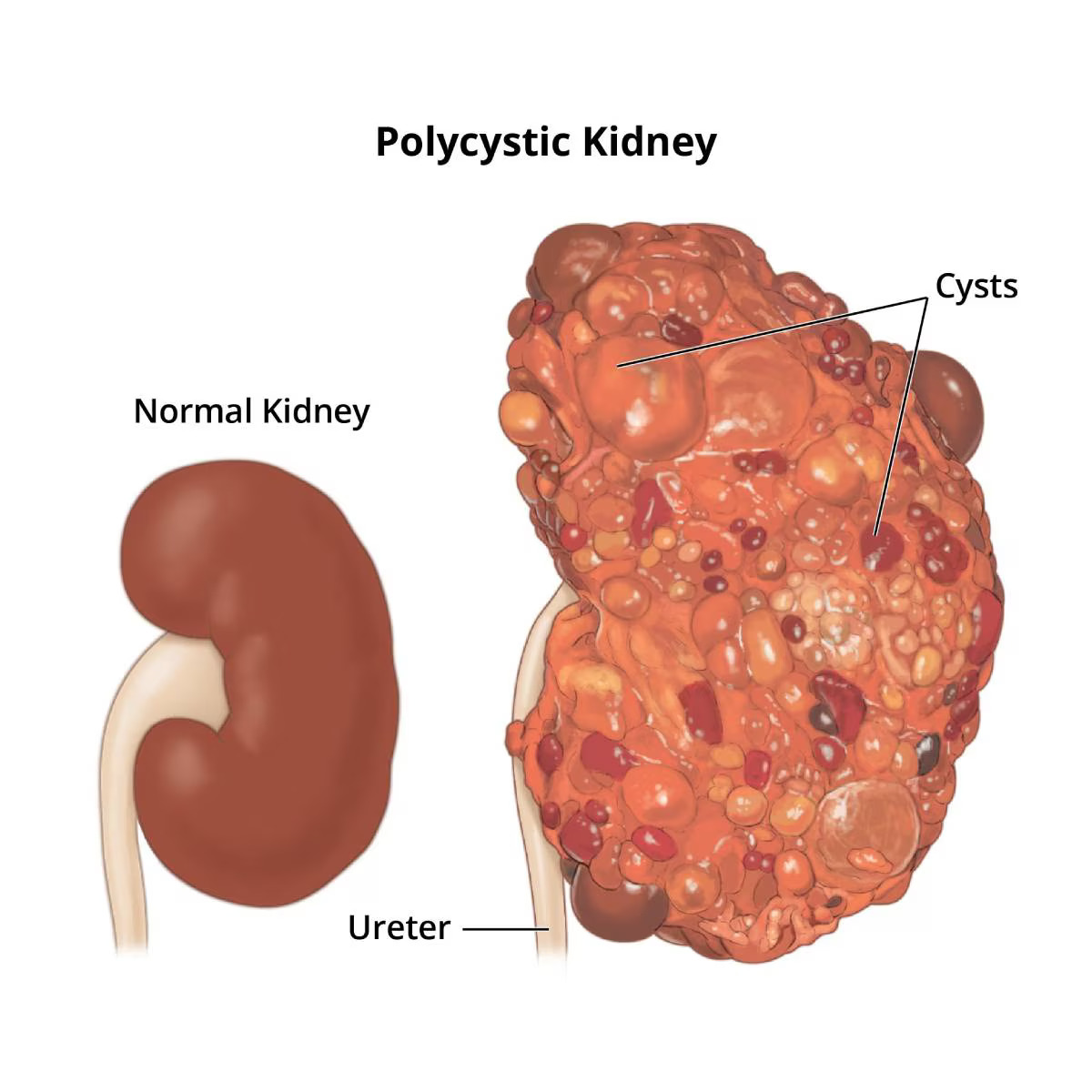Treatment goals for kidney disease aim to preserve kidney function, manage symptoms, and minimize complications to improve the patient’s quality of life.
These goals may vary depending on the stage and underlying cause of the kidney disease but generally include the following objectives:
- Slowing Progression: One of the primary goals is to slow down the progression of kidney disease. This involves controlling underlying conditions such as diabetes and hypertension, which are common causes of kidney damage. Medications to manage blood sugar levels and blood pressure are crucial in this regard.
- Maintaining Kidney Function: Preserving remaining kidney function is essential. This may involve dietary changes, such as reducing protein intake to lessen the kidneys’ workload, and avoiding nephrotoxic substances that could further damage kidney tissues.
- Managing Complications: Kidney disease can lead to various complications, including cardiovascular disease, anemia, bone disease, and electrolyte imbalances. Treatment aims to manage these complications effectively through medications, dietary adjustments, and sometimes dialysis or kidney transplantation in advanced stages.
- Symptom Control: Patients with kidney disease may experience symptoms such as fatigue, nausea, itching, and fluid retention. Treatment focuses on alleviating these symptoms to enhance the patient’s comfort and well-being.
- Preventing Cardiovascular Events: Kidney disease increases the risk of cardiovascular events such as heart attacks and strokes. Managing risk factors like high blood pressure, high cholesterol, and smoking cessation is critical to prevent these complications.
- Educating and Empowering Patients: Education plays a crucial role in the management of kidney disease. Patients need to understand their condition, adhere to treatment plans, monitor their health indicators (like blood pressure and blood sugar levels), and make lifestyle changes (such as maintaining a healthy diet and exercising regularly) to support kidney health.
- Preparing for Renal Replacement Therapy (RRT): In advanced stages of kidney disease where kidney function declines significantly, preparing for RRT options like dialysis or kidney transplantation becomes necessary. This involves educating patients about their options, assessing their suitability for different treatments, and ensuring timely initiation of RRT when needed.
- Improving Quality of Life: Ultimately, the goal of treatment for kidney disease is to improve the patient’s overall quality of life. This involves not only medical management but also addressing psychological and social aspects of living with a chronic condition. Support from healthcare providers, counselors, and support groups can be invaluable in achieving this goal.
In conclusion, the goals of treatment for kidney disease are multifaceted, aiming not only to preserve kidney function and manage complications but also to enhance the patient’s quality of life through comprehensive care and support. Early detection, timely intervention, and patient education are key components in achieving these goals effectively.





Comments